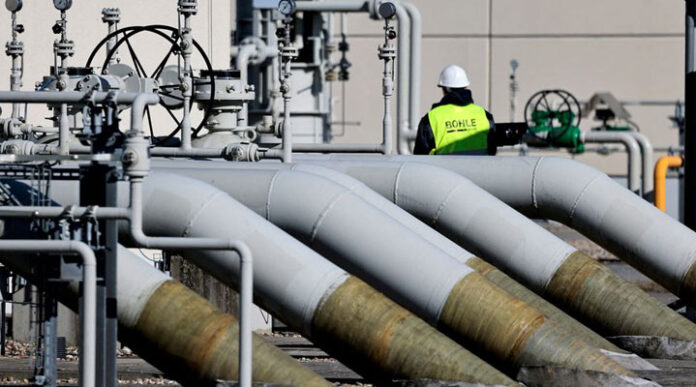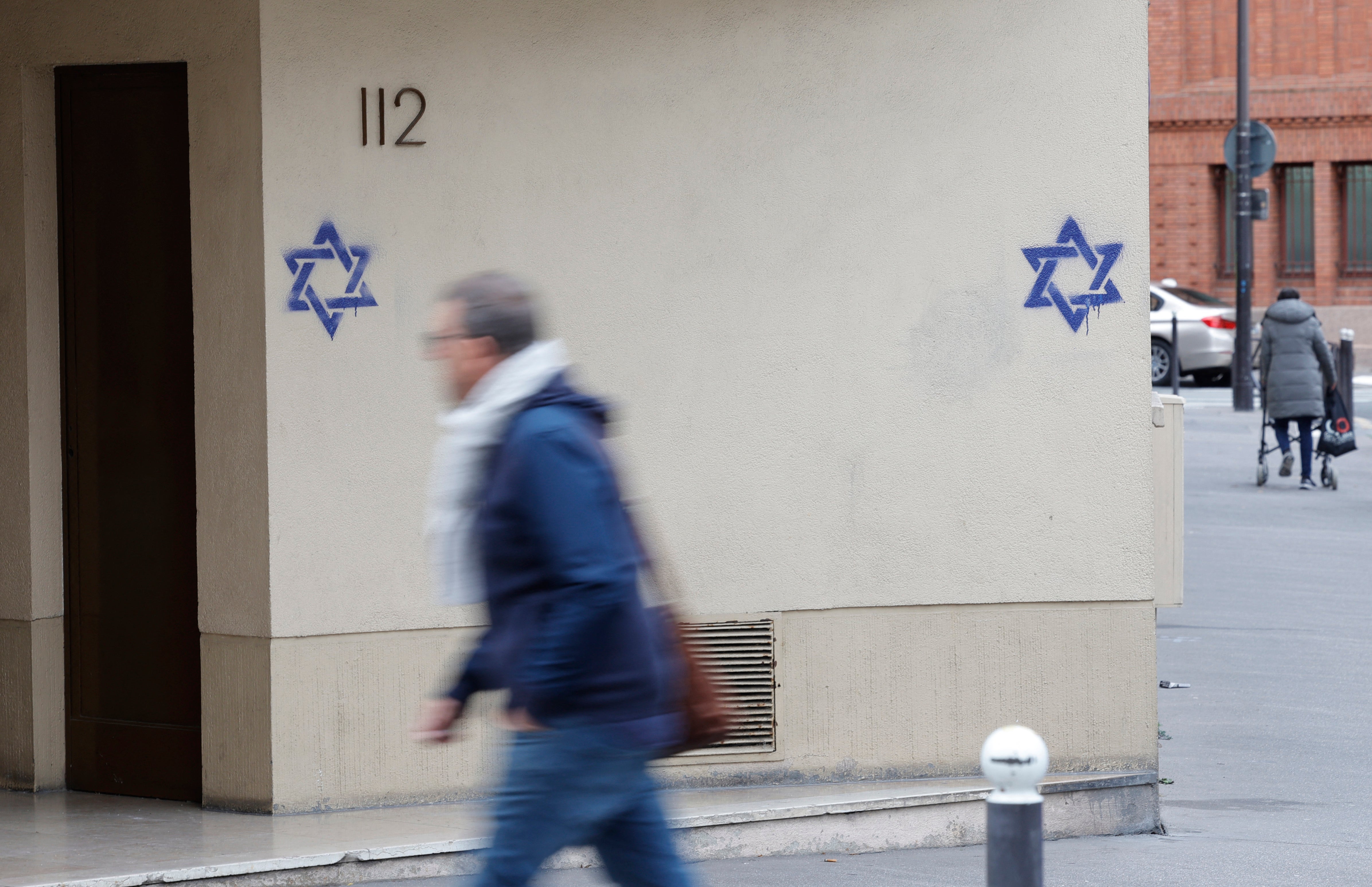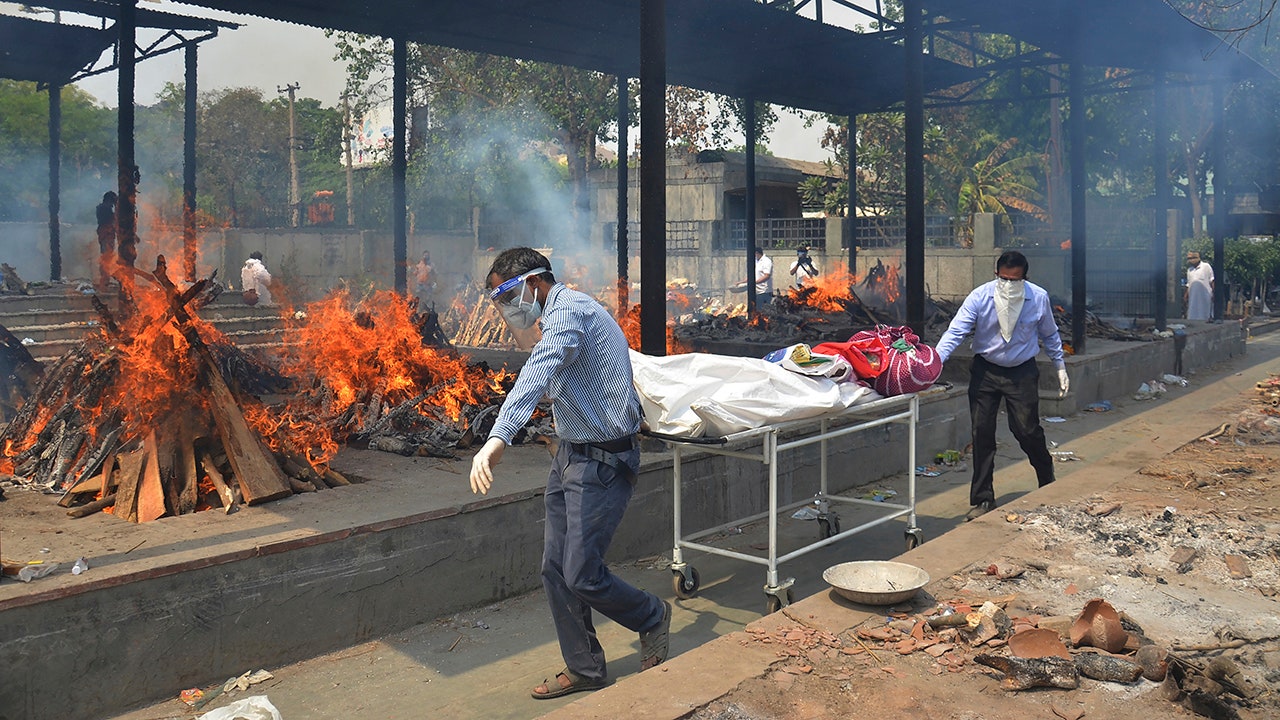Nord Stream flows have been halted for three days this week; gas deliveries will resume on Saturday at 0100 GMT; Russia blames sanctions for pipeline disruptions, and Brussels claims Moscow is using gas as an economic weapon.
Russia said on Friday that gas deliveries via one of Europe’s main supply routes, the Nord Stream 1 pipeline, were still at risk because only one turbine was operational, escalating European concerns as the continent struggles to secure enough fuel for the winter.
Even before flows were halted for three days this week for maintenance on Nord Stream 1, which runs beneath the Baltic Sea to supply Germany and others, it was operating at 20% capacity. Deliveries are set to resume at 0100 GMT on Saturday.
Moscow blames sanctions imposed by the West following Russia’s invasion of Ukraine for impeding Nord Stream 1’s routine operations and maintenance. According to Brussels, this is a ruse, and Russia is retaliating by using gas as an economic weapon.
According to sources familiar with Gazprom’s plans, the state-controlled company is set to resume Nord Stream 1 deliveries on time, though European nations remain wary of Russian intentions. Read More
Ursula von der Leyen, the head of the European Union Commission, said the bloc should impose a price cap on Russian pipeline gas to prevent Russian President Vladimir Putin from manipulating the market.
Gas prices have skyrocketed, harming European industry and households, first due to recovering demand following the pandemic and then due to the Ukraine crisis.
“We see that the electricity market no longer works because it has been massively disrupted by Putin’s manipulations,” Von der Leyen said, adding that a price cap on Russian pipeline supplies could be proposed at the European level.
Former Russian President Dmitry Medvedev stated that if Brussels imposed such a cap, Moscow would cut off supplies to Europe.
Reduced Nord Stream deliveries, combined with lower gas flows via Ukraine, another major route, have left European countries struggling to fill storage tanks for winter, prompting many to activate emergency plans that could lead to energy rationing.
‘RESOURCES ARE MISSING’
On Friday, Kremlin spokesman Dmitry Peskov added to concerns about further disruptions to Nord Stream 1 deliveries.
“It is not Gazprom’s fault that the resources are unavailable. As a result, the overall system’s reliability is jeopardized “When asked if there would be more outages, he said no.
Operator data on nominations for Russian gas via the pipeline suggested that flows should resume on Saturday. However, the number of requests was far lower than before the most recent maintenance, when the pipeline was only at 20% capacity.
According to a spokesperson for the German economy ministry, the data should be interpreted with caution. “Things will become clearer over the course of Saturday morning; all we can do is keep a close eye on the situation,” said the spokesperson.
On Wednesday, Gazprom CEO Alexei Miller stated that sanctions prevented Siemens Energy, a pipeline equipment supplier, from performing routine maintenance.
Siemens Energy, which normally maintains Nord Stream 1 turbines, stated that it was not involved in the current maintenance work being performed by Gazprom. It has also stated that it is willing to assist if needed and that maintenance is exempt from sanctions.
After Gazprom reduced flows in June and then again in July, EU governments have been preparing for the possibility that Russia will stop deliveries entirely. The maintenance halt for this week was announced on short notice.
Germany, which has historically relied heavily on Russian supplies, has been racing to build temporary liquefied natural gas (LNG) terminals to ship in gas before constructing permanent LNG facilities.
Germany’s storage tanks are now nearly 85% full, putting it on track to meet an Oct. 1 deadline earlier than expected. However, Berlin claims that meeting its target of 95% by November 1 will be difficult unless businesses and households use less fuel.
The EU as a whole has exceeded its storage target of being 80% full by October 1, ready for when heating usage increases.
Some energy-intensive European companies, such as fertilizer and aluminum manufacturers, have already reduced output due to skyrocketing power prices, while some European domestic consumers have reduced usage to save on rising household energy bills.





